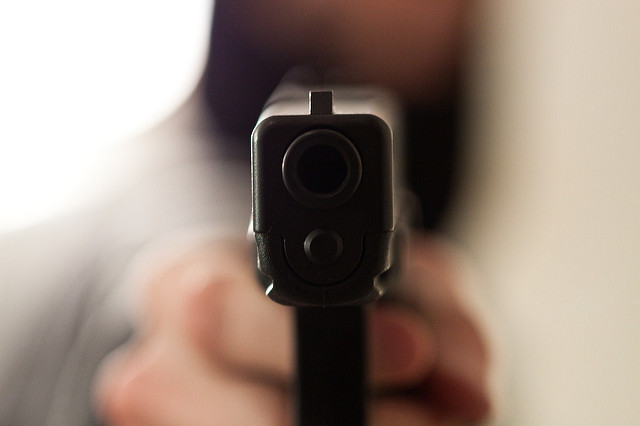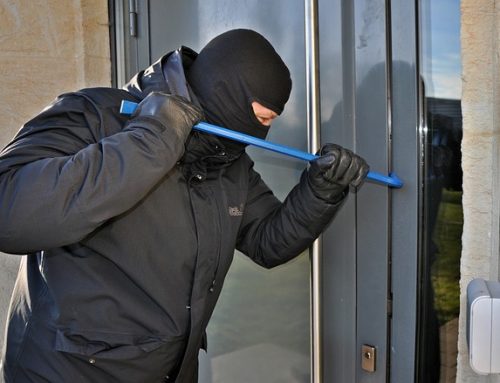When someone is arrested on West Hollywood robbery charges, they will be taken to the West Hollywood Sheriff’s Station where they will undergo booking and processing. The procedure includes having the arrestee’s fingerprints recorded, photographs taken and conducting a national background check. Once complete, bail will be set and the defendant will remain at the West Hollywood Sheriff Station for up to 72-hours. If the individual has not been bailed out within that time frame, or if the jail is overcrowded, the defendant will likely be transferred to either Twin Towers Jail or the Lynwood Jail (if the defendant is a woman).
Robbery is covered under California Penal Code 211, and is described as taking property from another individual’s personal presence, against the person’s will, using force or fear. For example, if an individual were to point a gun at someone else and demand their jewelry, then the individual would likely be charged with robbery. However, the way the law is worded does not necessitate the presence of a gun, or any weapon at all for robbery charges to be pressed. Taking something by force from someone else, against their will, will often suffice.
California Law has 2 classifications for robbery: first-degree and second-degree. First-degree robbery charges can be pressed if:
- The victim is a passenger of a bus, taxi, cable car, or other similar transportation for hire
- The robbery took place in a home that was currently inhabited, a trailer, or a boat
- The robbery happens immediately after the victim uses an ATM machine
First-degree robbery is a felony, and the penalties include: formal probation, 3 to 6-years in California state prison and/or a fine of up to $10,000.
Any robbery that does not meet the criteria for a first-degree robbery will be charged as a second-degree robbery instead. It is also a felony, and the possible penalties include: felony probation, 2 to 5-years in California state prison and/or a fine of up to $10,000.





